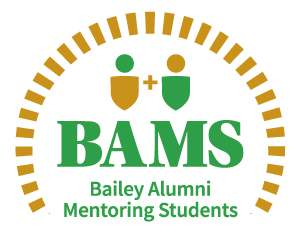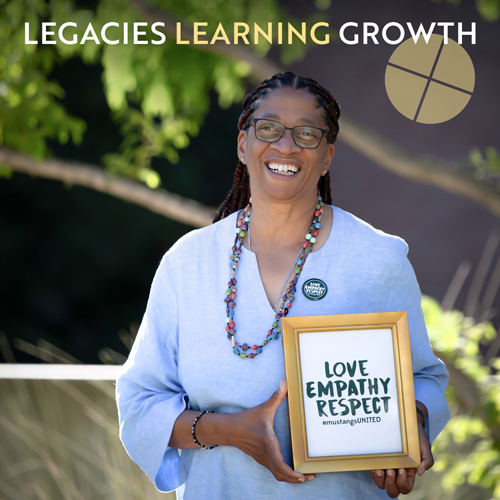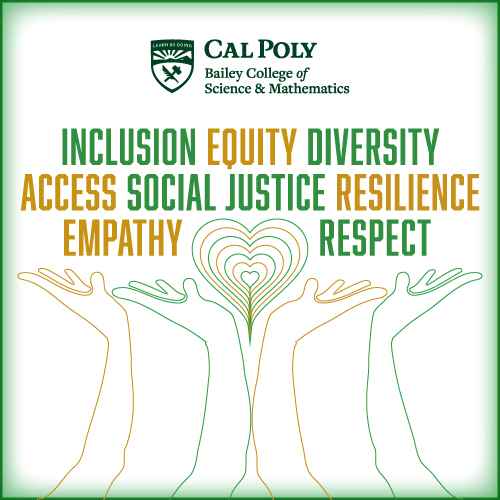Students Co-Author Peer-Reviewed Papers
Thermoelectric Energy: Launching Spacecraft and a Student’s Career
The same technology that powered the Cassini spacecraft on its Saturn mission also drove physics major Thomas Linker’s research this past summer as a Frost Scholar: thermoelectric energy conversion.
Thermoelectric devices, which convert heat to electrical energy, suit deep space exploration beautifully because they have no moving parts that might break – electrons do all the work, as Tom’s mentor Professor Matt Beekman explains. In fact, the devices have many potential applications, including waste heat recovery and remote power generation, but also a significant drawback.
“They currently aren’t very efficient,” Beekman says. “The electrical energy you get out is a relatively small fraction of the heat you put in." Enter Tom Linker’s research. The summer project grew out of an ongoing project Tom was working on with Beekman – one of several projects – to evaluate various models that predict the efficiency of potential thermoelectric materials. During the school year, Tom’s research had showed enough promise that Beekman proposed writing a paper about it and also having Tom present at the International Conference on Thermoelectrics (ICT) in Pasadena that summer. The Frost Summer Research Program made both a reality. The funding also allowed Tom’s research to reach a depth and focus he hadn't experienced during the school year.
Enter Tom Linker’s research. The summer project grew out of an ongoing project Tom was working on with Beekman – one of several projects – to evaluate various models that predict the efficiency of potential thermoelectric materials. During the school year, Tom’s research had showed enough promise that Beekman proposed writing a paper about it and also having Tom present at the International Conference on Thermoelectrics (ICT) in Pasadena that summer. The Frost Summer Research Program made both a reality. The funding also allowed Tom’s research to reach a depth and focus he hadn't experienced during the school year.
“It definitely gave me the experience of what it’s like to work on a computational problem in graduate school,” Tom says. “When you’re in class and you have some problem you need to solve, you never really have the chance to let the problem evolve. But with this, you solve something, and you think, ‘well, let’s check this out now.’ It gave me insight into what life as a researcher would be like."
“These kinds of experiences are super important for helping us develop the next generation of scientists and engineers,” Beekman adds. “You’re getting students to think about how to ask questions, and to be OK with not knowing the answer for sure, even after they’ve found an answer – there’s no back of the book to check. Students have to determine if what they’ve found is meaningful.”
Weekly seminars for Frost Scholars in physics organized by Professors Colleen Marlow and Nathan Keim also helped broaden Tom’s horizons. “We had panels from industry and academia come in and talk to us,” Tom says. “They would cover things like grad school applications or research opportunities in industry. It was really beneficial to me.” Now with a paper accepted for publication in the Journal of Electronic Materials – with Tom as first author – and an international conference presentation behind him, Tom is applying to graduate programs in physics this fall. Specifically, he’s looking at specializing in condensed matter physics, the same area as his summer project. The Frost program, Tom says, helped him find the path he wanted to pursue.
Now with a paper accepted for publication in the Journal of Electronic Materials – with Tom as first author – and an international conference presentation behind him, Tom is applying to graduate programs in physics this fall. Specifically, he’s looking at specializing in condensed matter physics, the same area as his summer project. The Frost program, Tom says, helped him find the path he wanted to pursue.
“This program is transformational for how we can work with students at Cal Poly,” says Beekman. “I am so grateful for the support. Personally, I’m very excited to see how we can use this gift to make what we do well at Cal Poly even better.”




